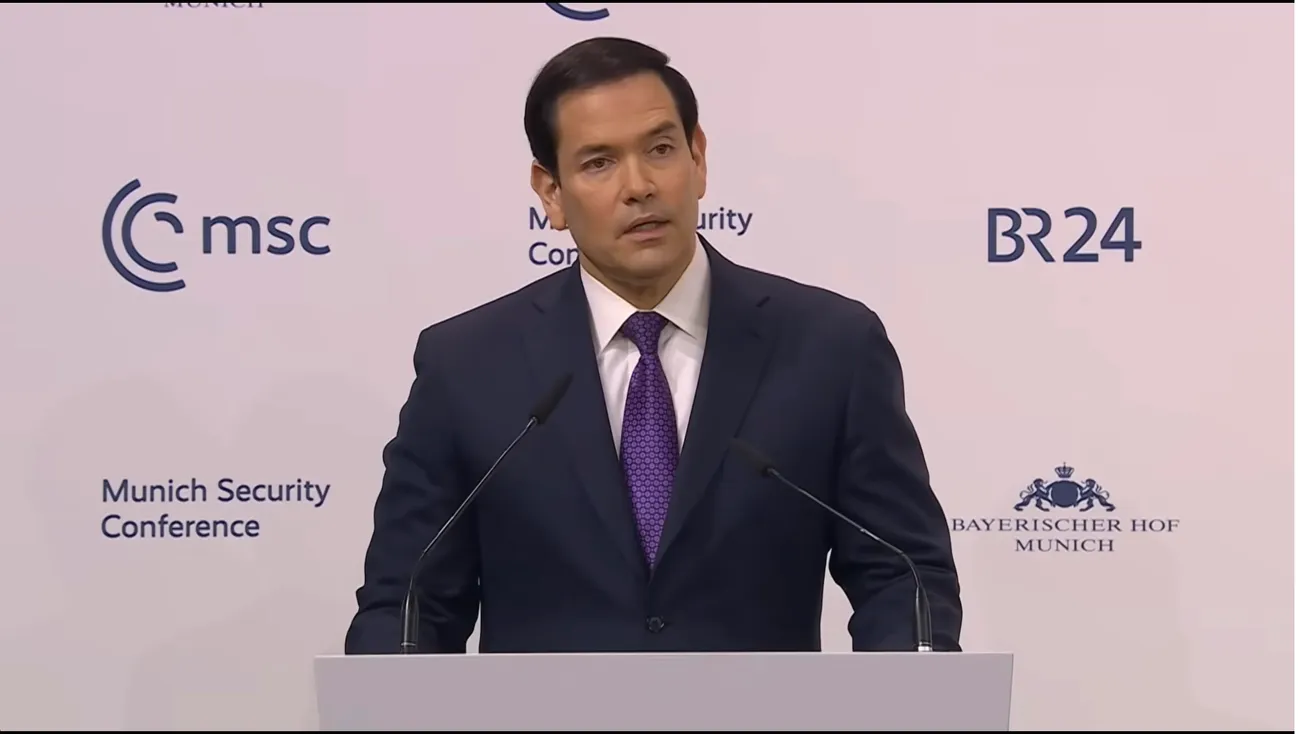President Joe Biden landed in Israel today, to much fanfare. He was greeted at the airport by Israeli President Isaac Herzog and Interim Prime Minister Yair Lapid, then taken on a tour of the Yad Vashem Holocaust memorial museum where he met Holocaust survivors.
National Security Advisor Jake Sullivan, during a briefing yesterday previewing the trip, revealed little of the military/strategic intentions behind it, focusing mostly on other matters related to U.S.-Israel and U.S.-Saudi relations. He did deny, however, that there was any offer on the table to lift the ban on the sale of offensive weapons to the Saudis, a ban imposed because of the Saudi war in Yemen. “Right now, we’re focused on strengthening and sustaining what is a fragile but real ceasefire, not make any fundamental changes to our weapons policy,” he said.
According to a lengthy report in Politico, Biden and his team “have concluded they must ramp up Washington’s presence in the Middle East so China and Russia don’t fill an America-sized hole, so that Tehran can be kept at bay.” It claims that Sullivan and the National Security Council’s top Middle East official, Brett McGurk, “pushed to convince Biden that this trip was necessary. The President accepted, knowing full well that he had a lot to lose and little to gain in the short term.” They are also pushing for the Saudis and OPEC in general to pump more oil. “If the consortium doesn’t agree to dramatically fill the energy gap left by Moscow, then gas prices in the U.S. (and around the world) may not drop enough to line Americans’ pocketbooks and lift Democrats’ chances in November’s midterm elections.”
On the Iran nuclear deal, Sullivan repeated the line that has been coming out of the administration for weeks and which Biden is expected to convey to his Israeli hosts, that is, that in the U.S. view, a deal is on the table and it’s up to Iran to step up to it. “If they don’t, we’re not standing still,” he said. “Even as we speak, we’ve already introduced two rounds of sanctions to crack down on their effort to evade the existing sanctions regime. We are curbing their ability to smuggle oil, for example, through the Quds Force and other entities within Iran. And we’ll keep doing that.”






